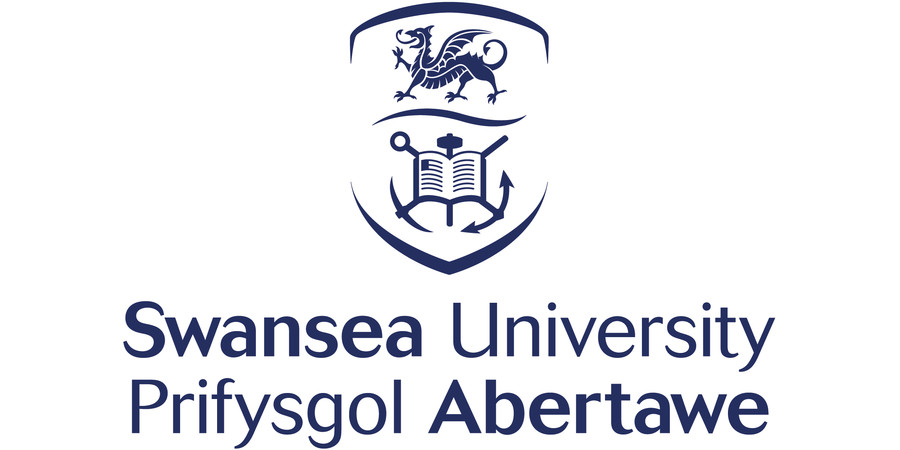Research Officer
Swansea University
| Location: | Swansea |
|---|---|
| Salary: | £39,355 to £45,413 per annum |
| Hours: | Full Time |
| Contract Type: | Fixed-Term/Contract |
| Placed On: | 28th November 2025 |
|---|---|
| Closes: | 5th December 2025 |
| Job Ref: | SU01334 |
Working Pattern
Faculty/Directorate: Faculty of Science and Engineering
Location: Bay Campus, Swansea
Interview Date: 12 Dec 2025
Informal Enquiries
- Prof Oubay Hassan O.Hassan@Swansea.ac.uk
- Dr Jennifer Thompson Jennifer.Thompson@Swansea.ac.uk
About The University
Swansea University is a research-led university that has been making a difference since 1920. The University community thrives on exploration and discovery and offers the right balance of excellent teaching and research, matched by an enviable quality of life.
Our stunning waterfront campuses and multicultural community make us a desirable workplace for colleagues from around the world. Our reward and benefits, and ways of working enable those who join us to have enriching careers, matched by an excellent work-life balance.
About The Role
We are recruiting a Research Officer to help deliver the EPSRC programme grant REMODEL, advancing parallel mesh generation and geometry representation for industrially relevant, high-fidelity simulations at Exascale. Based at Swansea University, you will play a central part in a multi-institution effort that combines artificial intelligence with computational engineering to accelerate and improve pre-simulation workflows.
You will lead the design, implementation and validation of AI-driven geometry processing methods, developing algorithms and software for automated defeaturing, feature detection and intelligent simplification informed by the governing physics. This will include training and deploying machine-learning models that can recognise and classify geometric features critical to simulation accuracy, enabling the removal or simplification of features that do not affect physical performance. You will integrate these capabilities into existing geometry and meshing workflows, ensuring robustness, scalability and reproducibility across a range of engineering applications. You will manage defined tasks and milestones and collaborate closely with colleagues across the consortium to align interfaces and ensure interoperability. The successful applicant is expected to actively produce peer-reviewed publications arising from their developed techniques.
At Swansea, you’ll join a technically driven, publication-active team known for computational modelling and meshing research, with a strong culture of code quality, open and reproducible practices, and mentoring. You’ll have access to modern development workflows and HPC resources, and opportunities to contribute to shared tooling used across the consortium.
Applicants should demonstrate strong Python programming skills, experience with machine-learning libraries such as TensorFlow or PyTorch, and familiarity with computational engineering workflows using solvers such as ANSYS or OpenFOAM. See the job description for further details.
Equality, Diversity & Inclusion
The University is committed to supporting and promoting equality and diversity in all its practices and activities. We aim to establish an inclusive environment and welcome diverse applications from the following protected characteristics: age, disability, gender reassignment, marriage and civil partnership, pregnancy and maternity, race (including colour, nationality, ethnic and national origin), religion or belief, sex, sexual orientation.
As an inclusive and welcoming workplace, we value people for their skills regardless of their background. Applications are welcome in Welsh and will not be treated less favourably than those submitted in English.
Additional Information
Applications for this role will take the format of a CV submission and cover letter via the ‘Apply’ button above.
Advert information
Type / Role:
Subject Area(s):
Location(s):









